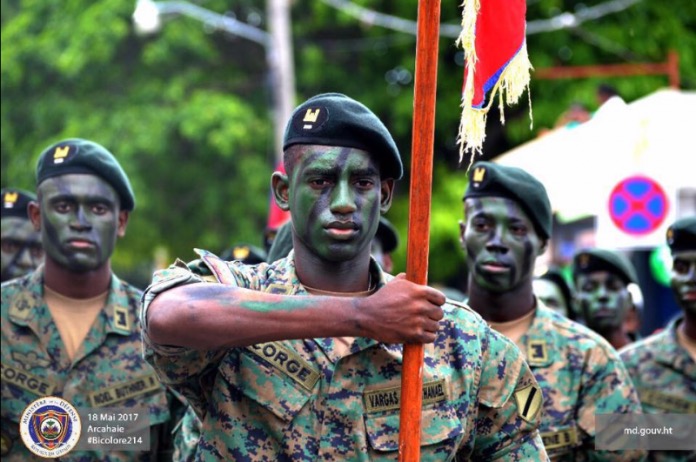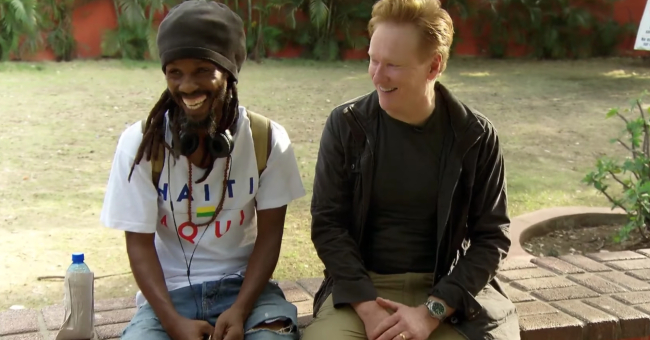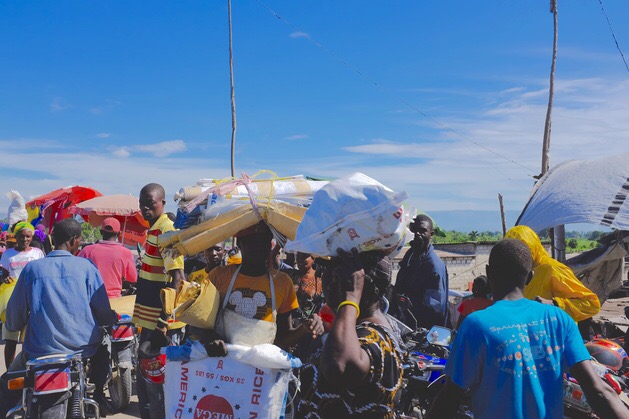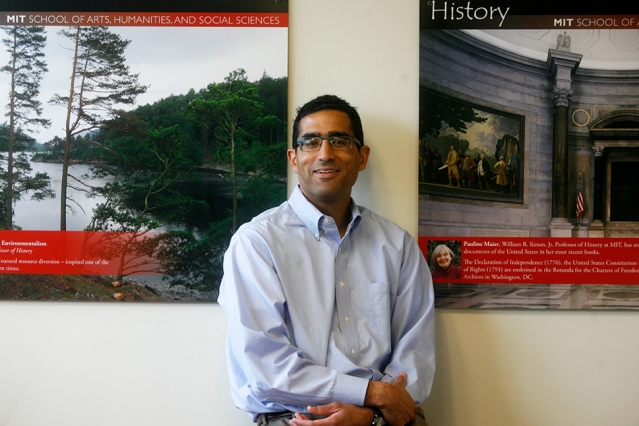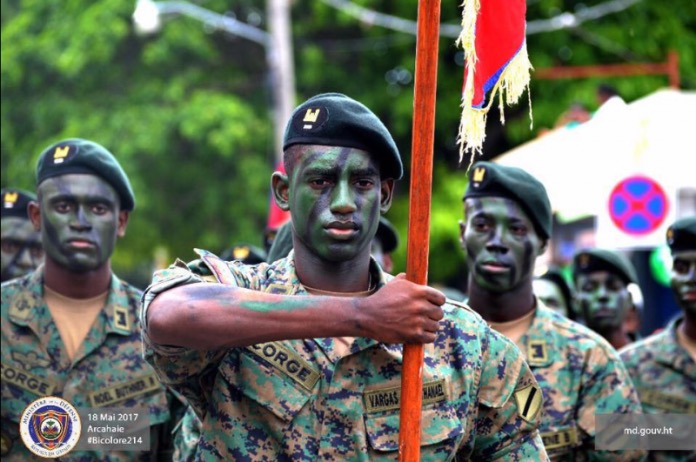 The current president seems to be more than ever determined to restore the army, and in doing so, picking up where his predecessor, Michel Martelly, left off. The government maintains the demolition of the army was anti-constitutional since the constitution recognizes its existence.
The current president seems to be more than ever determined to restore the army, and in doing so, picking up where his predecessor, Michel Martelly, left off. The government maintains the demolition of the army was anti-constitutional since the constitution recognizes its existence.
Dismantled 22 years ago, by President Jean Bertrand Aristide, the Haitian Gendamerie, later known as Armed Forces Of Haiti (FADH), is an institution that has historically caused more problems for the country than it fixed. For many, in Haiti and in the Diaspora alike, reinstating the army is an idea they would rather not have to think about; in many instances, the wounds inflicted by that defunct organization have not been healed yet.
What is the rationale behind reviving an institution that has shamed and abused the very nation it swore to protect? Why would Haiti need an army in the first place? Further, a more relevant question is, “Are Haitians better off with or without the army?” That’s the question!
If we were to place the Haitian Army’s performance on a balanced scorecard, the outcomes would be mournful. Ever since the first United States occupation in 1915, there have been at least 32 Coup- d’état. A series of unfortunate events, instigated by the army itself, that only brought about death, despair, destruction, insecurity, organized crimes, institutionalized corruption, violation of human rights on a massive scale, to say the least. From that vantage point, it would not be an exaggeration to suggest the army is directly responsible for the country’s current quagmire. Ironically, even some of those who themselves have caused bloodshed in the country, have not shied away from expressing their doubts about an eventual return of the army. Both Henry Namphi and Prosper Avril, former generals, have cautioned against the eventual reestablishment of the army- the very institution which has made them who they are today.
For any country, having an effective border control has its place. But in the case of Haiti, border protection cannot possibly be at the top of the priority list; after all the country is not under any threats of outside invaders. If we were to look at this issue from a practical standpoint, since the Dominican Republic is the only country Haiti shares its borders with, why would the former want to invade the latter now? Why now? Aren’t they already in control of the Haitian markets, whereas Haiti imports more than twice as much as it exports? Isn’t most of the Dominican labor force made up of Haitian nationals living in the most humiliating conditions? Well, why then, would the Dominican Republic want to engage militarily in Haiti while it is more profitable for them not to do so?
Today, there are more than 20 countries without an army. Why can’t Haiti remain part of that list? Let’s take Costa Rica and Panama, as two Central American countries. Both countries had their fair share of problems with their respective armies in the past. Costa Rica has not had an army since 1948. Panama’s army was demolished after general Noriega was removed from power in 1989. Today, they are both on the list of countries without conflict, according to the Institute for Economics and Peace (Source: Global Peace Index 2016). Costa Rica is said to have enjoyed greater peace and stability than most, if not all, of its neighbors.
In light of the actual conjuncture the country is faced with, should the government be focusing on reforming the army while neglecting to revamp the country’s already broken infrastructure, improve its healthcare system, promote literacy, modernize its agricultural systems, revitalize its flagging economy?
An army is there for national defense, not to run governments. And make no mistake about it, this is exactly what will happen should the FADH be allowed to be resurrected. If past behaviors are any indication, this will be the same army that had always been on the side of the rule of force rather than the rule of law. Let’s be pragmatic about it; in the final analysis, in the event should Haiti be invaded by a foreign force, would the country have a defense mechanism strong enough to be worthwhile anyway? If the answer is no, as we know it, why then bother? Such decision can only be counterproductive in that the government will undoubtedly be in need to find funds in order to keep it operated. And those resources could be better spent on other public services instead. This grotesque decision is political, one aiming at appeasing the former cohorts and sympathizers of the Duvalier regime.
In closing, there should be an international coalition orchestrated by the United Nations to prevent such undertaking from being materialized. If not, this could be a mistake of biblical proportions, in that all the gains that have been made may be irretrievably lost. If I had any message for the president of Haiti, I would have advised him to do as the former Costa Rican president, Jose Figueres, did in 1948: Transform the military barracks into museums. Future generations will thank you for that.
Haitian Times | September 2017





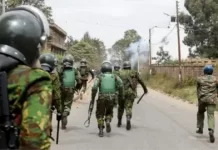























![Phyllisia Ross – KONSA [Official Music Video]](https://haitiville.com/wp-content/uploads/2014/08/phyliisia.jpg)
